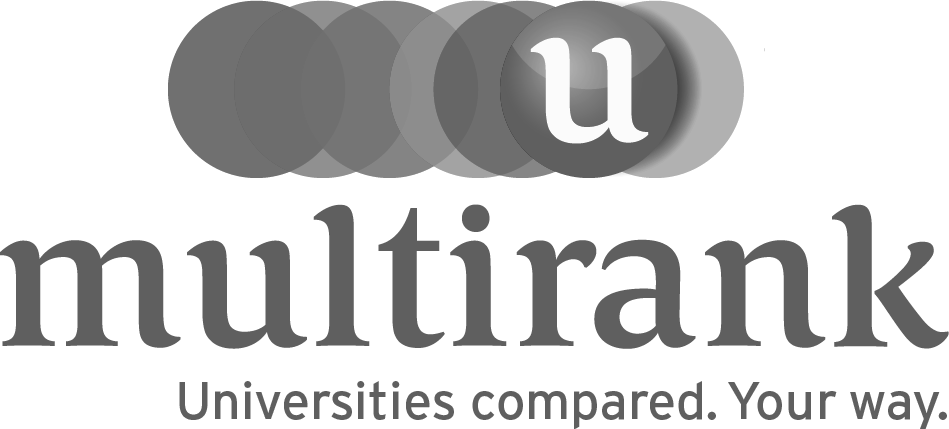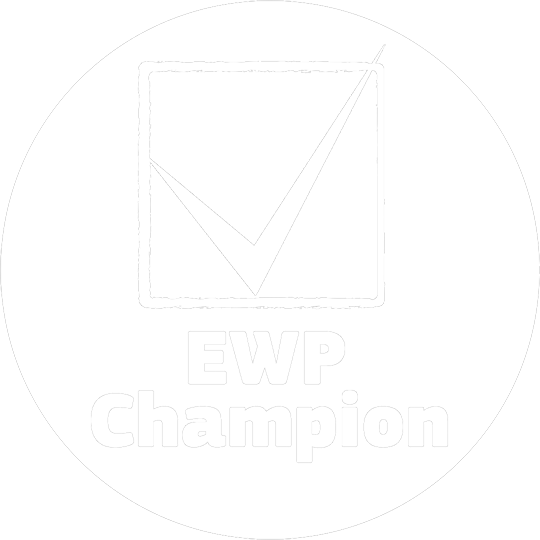MASTER PROGRAM
ADMISSION REQUIREMENTS
ADMISSION REQUIREMENTS
Applicants who have completed the undergraduate study programme of Applied Marine Ecology or a similar undergraduate university study programme have the right to enrol in the first year of the graduate university study programme of Mariculture.
- Completed Undergraduate (Bachelor’s) Program: Equivalent to 180 ECTS and a minimum GPA of 3.5*.
- English Language Proficiency:
Minimum proficiency at B1 level*, demonstrated by one of the following:
IELTS Academic: Minimum band score of 5.0.
TOEFL Essentials: Minimum band score of 7.0.
TOEFL iBT: Total score of 65, with at least 17 in Writing and no less than 16 in other sections.
- Assessment Interview:A mandatory interview to evaluate the candidate’s qualifications and motivation for the program.
*Applications from candidates with a GPA of 3.0 may be considered conditionally, provided they submit two letters of recommendation.
**Applicants without these certificates may take an English language proficiency test arranged by the University of Dubrovnik (UNIDU)
PROGRAM DURATION
PROGRAM DURATION
The graduate university study program in Mariculture lasts two years or four semesters (120 ECTS credits).
DEGREE AWARDED
DEGREE AWARDED
Upon the completion of the graduate programme, students are awarded the academic degree of a University Master of Mariculture (univ. mag. ing. maricult.).
EMPLOYABILITY
EMPLOYABILITY
The Mariculture graduate program prepares students to meet the growing demand for professionals in sustainable seafood production. Focusing on responsible aquaculture, the program equips students with the skills needed for research, development, and management in this interdisciplinary field. With practical experience in diverse marine environments, students gain expertise in marine ecosystems, farmed organism biology, and innovative production technologies. Emphasizing sustainability and environmental protection, the program offers a global perspective, preparing graduates to lead in the dynamic aquaculture sector.
YEAR I
Compulsory courses
- Introduction to mariculture
- Mariculture technology
- Sustainable fish farming
- Sustainable Bivalve Molluscs farming
- Diseases of cultivated organism
- Fish nutrition and live feed culture
- Physiology of cultured organisms
- Aquaculture waste management
- Mariculture genetics
Elective courses
- Developmental biology of fish
- Developmental biology of cultured invertebrates
- Multitrophic mariculture
- International business negotiations
- Inovation Management
- Marine stock enhancement
- Reproductive biology of fish
YEAR II
Compulsory courses
- Diversification of mariculture
- Aquaculture food safety
- Practical work and investigation
- Master thesis
Elective courses
- Aquaculture adaptation to global stressors
- Marine biologically active natural products
- Ecological monitoring
- Culture of ornamental species
- Mariculture marketing
- Marine spatial planning
- Ethical and socioeconomic aspects of aquaculture
- Marine and coastal ecosystem services
- Safety at sea
- Natural science research in the Mediterranean
WHY CHOOSE US
WHY CHOOSE US
- Practical experience through fieldwork and research projects
- Expertise in sustainable practices and marine resource management
- Career opportunities in a growing industry with global demand
- Contribute to research that advances marine science and sustainability
CONTACT
CONTACT
www.unidu.hr
Email: admissions@unidu.hr










